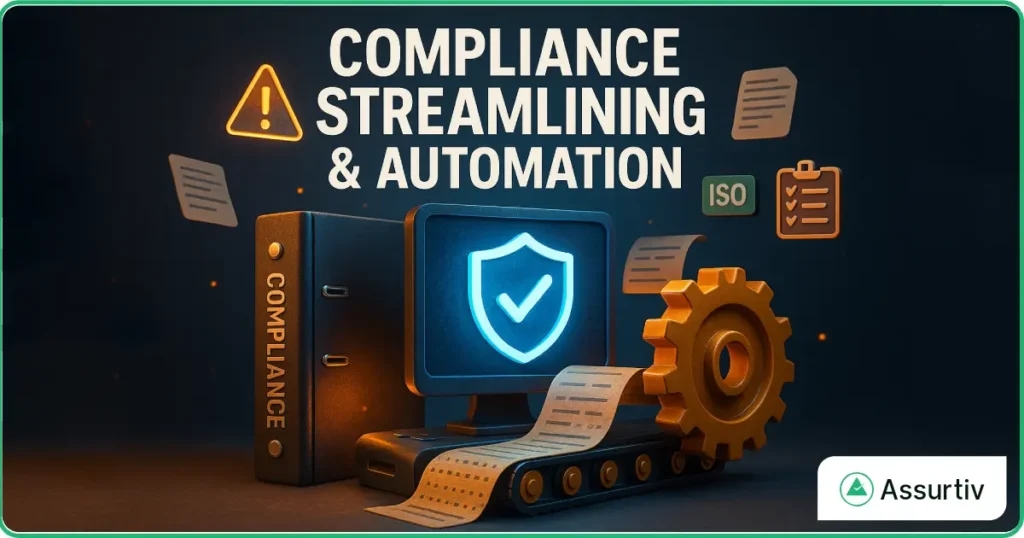SOC Compliance: A Comprehensive Guide
By assurtiv | Last Updated: 16 Jan 2025

In today’s digital landscape, safeguarding sensitive information is critical for businesses. Service Organization Control (SOC) compliance plays a vital role in ensuring that companies manage data securely to protect the interests of both their organization and their clients. This blog will break down SOC compliance, its importance, and how businesses can achieve it.
What is SOC Compliance?
SOC compliance refers to a set of standards designed to help organizations manage and protect customer data. Developed by the American Institute of Certified Public Accountants (AICPA), SOC reports evaluate a company’s internal controls and processes related to financial reporting and data security.
There are three types of SOC reports:
- SOC 1: Focuses on internal controls over financial reporting.
- SOC 2: Addresses controls related to data security, availability, processing integrity, confidentiality, and privacy.
- SOC 3: Like SOC 2 but intended for a general audience, often used for marketing purposes.
Why is SOC Compliance Important?
- Data Security: SOC compliance ensures that a company’s systems are secure, protecting sensitive client data from breaches and unauthorized access.
- Customer Trust: Achieving SOC compliance demonstrates a company’s commitment to data protection, which helps build trust with clients and stakeholders.
- Regulatory Requirements: Many industries have regulatory requirements mandating strong data protection measures. SOC compliance helps meet these standards.
- Competitive Advantage: Companies with SOC certification can stand out in the market by showcasing their commitment to data security and compliance.
Steps to Achieve SOC Compliance
- Understand the Requirements: Determine which SOC report is relevant for your business based on your services and customer expectations.
- Evaluate Current Controls: Assess your existing internal controls and identify gaps that need to be addressed to meet SOC standards.
- Implement Necessary Controls: Develop and implement the necessary policies, procedures, and technologies to fill the identified gaps.
- Engage an Auditor: Work with an independent, qualified auditor to evaluate your controls and prepare the SOC report.
- Continuous Monitoring: SOC compliance is not a one-time event. Regularly monitor and update your controls to ensure ongoing compliance.
Benefits of SOC Compliance
- Enhanced Security Posture: Strengthens your organization’s data protection measures.
- Increased Customer Confidence: Reassures clients that their data is handled securely.
- Operational Efficiency: Helps streamline processes and improve internal controls.
- Market Differentiation: Sets your business apart as a trusted provider of secure services.
Conclusion
SOC compliance is essential for businesses that handle sensitive customer data. By adhering to SOC standards, organizations can enhance their data security, build customer trust, and gain a competitive edge. Achieving and maintaining SOC compliance requires understanding the requirements, implementing robust controls, and engaging in regular audits. By doing so, businesses can protect their data and reputation in an increasingly security-conscious world.
ASSURTIV, the AI-powered integrated GRC application, is your ultimate all-in-one solution for seamless compliance management.
For more insights on compliance and data security, stay tuned to our blog.




